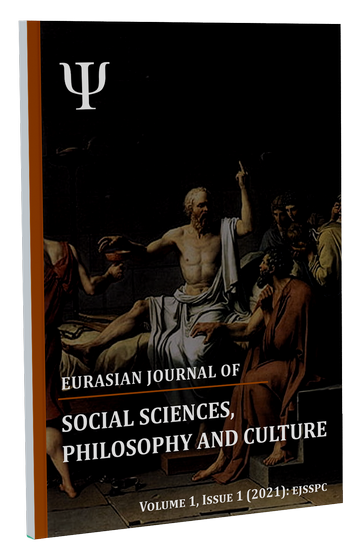FLOW THEORY
Main Article Content
Аннотация:
It is very natural that people get bored or anxious at work or in the classroom while doing some activity or assignment or in any activity, like painting a picture, playing a chess or surfing on the web, etc. So, how can a person, who is in the state of either anxiety or boredom, get more enjoyment and not lose interest while doing some kind of activity? Examining and understanding flow theory is crucial to organize classroom activities and optimizing educational systems in all levels.
Article Details
Как цитировать:
Библиографические ссылки:
M. Biasutti, in Encyclopedia of Creativity (Second Edition), 2011
J.A. Schmidt, in International Encyclopedia of Education (Third Edition), 2010
W.H. Warren, in The Senses: A Comprehensive Reference, 2008
Csikszentmihályi M (1990). FLOW: The Psychology of Optimal Experience
Nakamura J, Csikszentmihályi M (20 December 2001). "Flow Theory and Research". In Snyder CR, Lopez SJ (eds.).
Cherry K (8 September 2014). "What is Flow?". About Education.
Umid Umirziyaev. (2022). THE EFFECTS OF RECASTS ON INFORMAL WRITTEN DISCOURSE. RESEARCH AND EDUCATION, 1(2), 395–401.
Holbekova Matluba Abdufattoyevna. (2021). Neurodidactics In Teaching Foreign Languages. Texas Journal of Multidisciplinary Studies, 3, 142–144.


